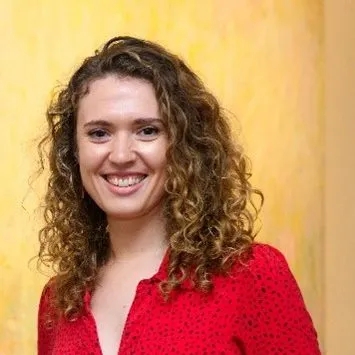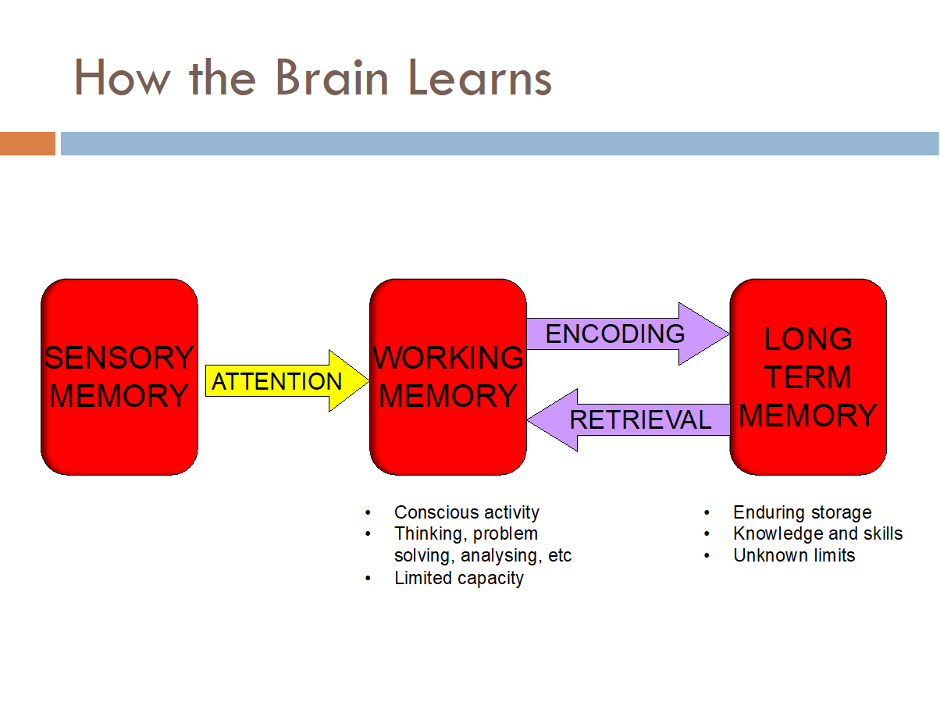Welcome to the first post in a new series in which we look at higher education learning and teaching through a disciplinary lens. What can the knowledges, theories, methods and practices of particular disciplines tell us about learning and teaching at a university level? In each post, I will be speaking to disciplinary experts from my university and seeking their insights to inform the teaching practices of colleagues in other disciplines. Cross-posted at Teche.
Today’s post comes from Psychology, and I spoke with award winning teachers and discipline experts Penny van Bergen and Alissa Beath. You can listen to audio excerpts of our conversation throughout this post, and listen to the full (29 minute) conversation or download a transcript from the link at the end of the post.


Alissa is a Senior Lecturer and Psychology Undergraduate Course Director in the School of Psychological Sciences. Her research lies in Health Psychology and Educational Psychology, looking at the role of psychological processes such as self-efficacy, emotion regulation, and resilience, in health, stress, and wellbeing. Teaching research methods and statistics to undergraduate students of all year levels, Alissa is keenly aware of the need to teach in the right way, and for students to learn in the right way. In her Course Director role, Alissa draws upon science of learning and educational psychology, especially in the intersection of the way teachers teach, the way students learn, and how institutions can be set up to best support both those things.
Penny left Macquarie this year (but remains connected as an honorary associate and supervisor) to take up the role of Professor of Educational Psychology and Head of School of Education at the University of Wollongong. With a background in developmental psychology, she applies her understanding of memory, emotion, and learning to the field of education, focusing on emotional development, cognitive development, and student-teacher relationships. She is passionate about ensuring that students of all ages have opportunities for belonging, engagement, and transformational learning.
Educational and developmental psychology offer insights into the fundamental question of what it means to learn and how learning happens. When we talk about learning from a psychological perspective, we are fundamentally interested in changes in understanding, knowledge or skills.
My conversation with Alissa and Penny highlights concepts such as memory, motivation and self-efficacy, and raises obvious — but challenging — questions.
What is learning?
In this 42-second audio excerpt, Penny describes the brain’s limited capacity for information, the magic number seven for working memory and designing teaching activities so learners are not overwhelmed:
What is memory?
Psychology understands our memory as our capacity for encountering, managing, processing and storing new knowledge and skills, including conceptual knowledge. As Penny puts it: “Everything we know, everything we know how to do, everything we know about the world, everything we know about ourselves is held within memory.” Understanding how it works is really important for teachers and students. Below is a simplified model of how the brain learns that Penny shows undergraduate students:

Learning means putting knowledge into long-term memory so that it can be consciously retrieved as needed.
We use working memory to think about information we receive from our senses, and to retrieve what we already know from long term memory. Anything you are thinking about right now is your working memory. That means any cognitive activity — including problem solving and decision-making — happens in working memory, making it critical for university study.
In this 90-second excerpt, Penny and Alissa describe information processing and encoding in long term memory and the role of teachers in engaging learning:
Why is exam cramming ineffective?
Talking about how memory functions busts a common learning myth. A classic strategy students employ for exam preparation — rereading class notes — is ineffective for learning, especially for complex problem solving. (Listen to the full conversation to hear Penny and Alissa debunk the myth of learning styles).
In this 40-second audio excerpt, Penny describes elaborativeness and distinctiveness to talk about making connections and difficult decisions:
In this 64-second excerpt, Alissa and Penny describe active learning and why it works:
What can teachers do?
Strategies that teachers can use to promote learning include:
- Designing learning with an understanding that working memory has a limited capacity (the magic number 7). For example, review your resources with this in mind, consider timing of complex information, and share key take-aways for students.
- Enabling connections with existing prior knowledge. For example, explicitly link new material with what has been covered in prior classes, or ask students to think how a topic might apply to their lives.
- Designing activities that require deep thought. For example, provide students with contradictory statements and ask them to consider them. Or present a real-life problem/issue and ask students to reflect on it.
- Encouraging students to come up with their own examples, explanations, and questions to test their ability to apply the material to novel scenarios or new contexts.
Having talked about the learning process, how does Psychology understand learners themselves?
This is where motivation and self-efficacy come in.
Colloquially speaking, motivation is the push or pull away from a task. In a study context, we are interested in the reasons a student will try to succeed. Note that students’ motivations vary considerably, as Penny explains in this 36-second audio excerpt:
Motivation is complex and being motivated to complete a degree does not necessarily mean a student is motivated to complete an assessment task or attend a lecture.
Teachers can help students increase their motivation for study — and manage the competing motivations of paid work and social demands — by reminding students that achieving the smaller things leads to the desired outcome of a qualification or a career.

It’s not enough for students to want to do well, they have to believe they can succeed. Self-efficacy refers to students’ own beliefs about their capacities and their competence in a specific area. As Alissa explains in this 28-second excerpt, higher self-efficacy intersects with motivation to promote effective learning behaviours:
Teachers can enable mastery opportunities, and balance independent learning skills and learning support, by scaffolding learning and breaking down tasks into smaller chunks, defining the parameters for learning with opportunities for cognitive growth, and encouraging students by sharing strategies for success.
Towards the end of our conversation, Penny and Alissa discussed students’ mental health and the impacts it can have on motivation and self-efficacy. They emphasise the importance of referring students to Wellbeing services for high level expertise, providing evidence-based reasonable adjustments, and promoting safe and supportive environments for students across the institution.
Listen to the full 29-minute conversation and/or download a transcript:
Further reading
Butler, A.C., Marsh, E.J., Slavinsky, J.P. & Baranuik, R. G. (2014). Integrating Cognitive Science and Technology Improves Learning in a STEM Classroom. Educational Psychology Review, 26, 331–340. DOI: https://doi.org/10.1007/s10648-014-9256-4
Glass, A. L. & Kang, M. (2019) Dividing attention in the classroom reduces exam performance. Educational Psychology, 39(3), 395-408. DOI: 10.1080/01443410.2018.1489046
Honicke, T. & Broadbent, J. (2016). The influence of academic self-efficacy on academic performance: A systematic review. Educational Research Review, 17, 63-84. DOI: https://doi.org/10.1016/j.edurev.2015.11.002
Mayer, R. E. (2001) What Good is Educational Psychology? The Case of Cognition and Instruction. Educational Psychologist, 36(2), 83-88. DOI: 10.1207/S15326985EP3602_3
Munro, J. (2020, March 10). You can do it! A ‘growth mindset’ helps us learn. The Conversation. https://theconversation.com/you-can-do-it-a-growth-mindset-helps-us-learn-127710
Thank you to Alissa and Penny for the conversation, slides and recommended reading. Thank you to Alison Hayward and Kylie Coaldrake for technical support with the audio recording.
Pingback: What economics can tell us about teaching in higher education | The Slow Academic
Pingback: What environmental sciences can tell us about teaching in higher education | The Slow Academic
Pingback: ABCs of pedagogy: G is for game-based learning | The Slow Academic
Pingback: What interdisciplinary research studies can tell us about teaching in higher education | The Slow Academic
Pingback: What creative writing can tell us about teaching in higher education | The Slow Academic
Pingback: What entrepreneurship can tell us about teaching in higher education | The Slow Academic